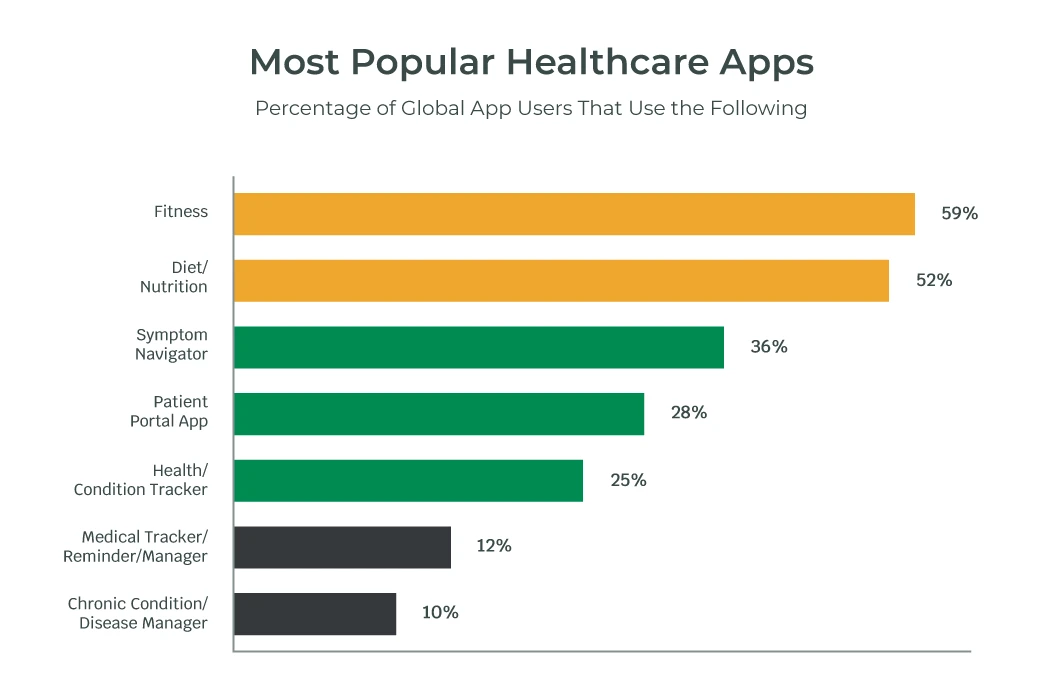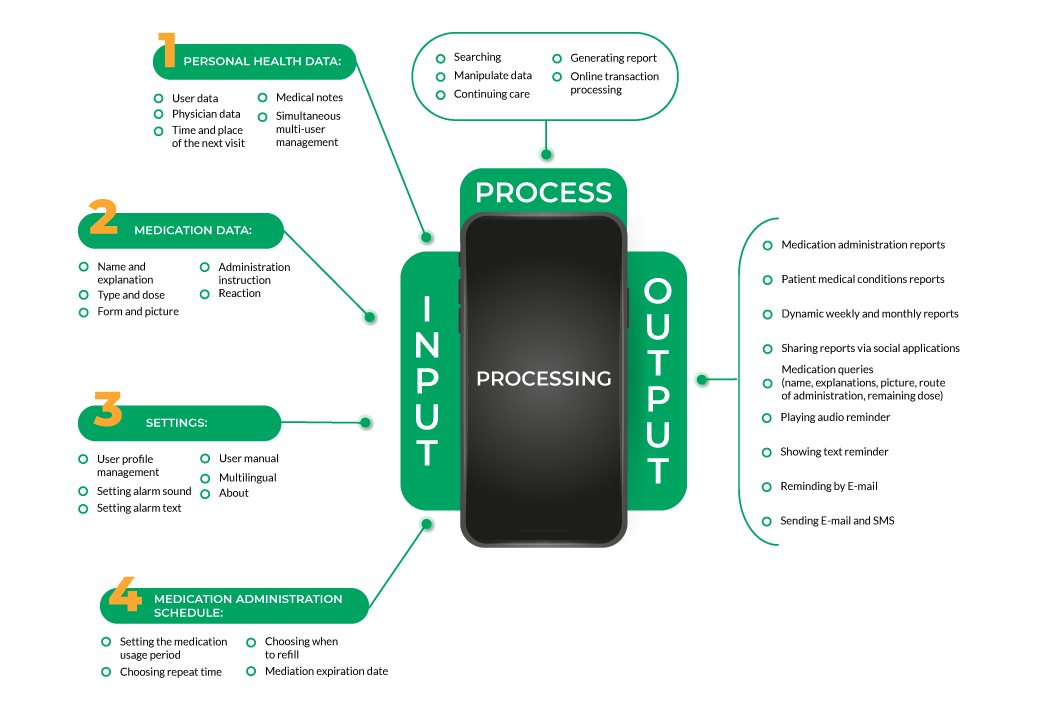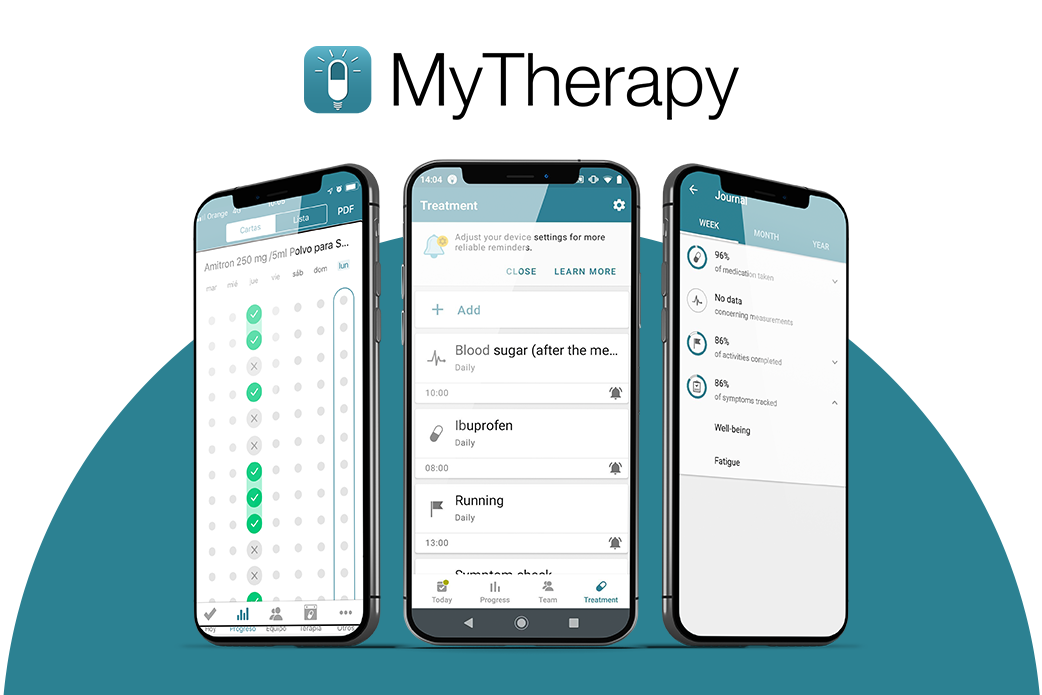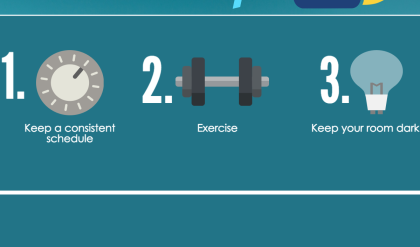
Top 3 Apps for Mastering Your Medication Management: A Prescription for Peace of Mind
Juggling multiple medications can feel like a full-time job. Missed doses, confusing schedules, and the constant worry about potential interactions – it’s enough to make anyone’s head spin. But what if there was a simpler way? Thankfully, technology has stepped in to offer a helping hand, and we’ve curated the top three medication management apps to help you regain control of your health.
These aren’t just simple pill reminders; these are sophisticated tools designed to empower you with information, improve adherence, and ultimately, boost your overall well-being. We’ve delved deep into the features, pros, and cons to give you the inside scoop before you download.
1. Medisafe: Your Personalized Medication Partner
Medisafe goes beyond the basic reminder. Imagine a friendly, supportive virtual assistant always by your side, gently prompting you to take your medications, tracking your progress, and even connecting you with your loved ones. This app’s charm lies in its personalized approach.
Key Features:
- Customizable Reminders: Set up reminders based on your specific schedule, with options for multiple medications and even different dosage frequencies.
- Family & Caregiver Integration: Easily share your medication schedule with loved ones, enabling them to monitor your progress and offer support.
- Medication Interaction Checker: A vital safety feature that checks for potential drug interactions, alerting you to any potential conflicts.
- Pill Identifier: Snap a picture of your pill to confirm identification, reducing confusion and errors.
- Detailed Reporting & Analytics: Track your medication adherence, identifying patterns and trends to help you stay on track.
Pros: Comprehensive features, user-friendly interface, strong community support.
Cons: Some features may require a premium subscription.
2. MyTherapy: Simplicity Meets Sophistication
MyTherapy’s strength lies in its clean, intuitive design. While it packs a punch in terms of features, it manages to maintain a streamlined user experience, making it incredibly easy to navigate and use, even for tech novices.
Key Features:
- Simple and Intuitive Interface: Effortlessly manage your medications with a clear, easy-to-understand layout.
- Visual Medication Calendar: Provides a clear overview of your medication schedule at a glance.
- Automated Refills: Set up automatic refill reminders to avoid running out of crucial medications.
- Symptom Tracker: Monitor your symptoms alongside your medication intake to identify potential connections.
- Blood Pressure & Blood Sugar Tracking: Integrates with health tracking devices to provide a holistic view of your health.
Pros: Easy to use, visually appealing, comprehensive yet uncomplicated.
Cons: Fewer social features compared to Medisafe.
3. Rx.com: The Pharmacy Integration Powerhouse
Rx.com takes a different approach, seamlessly blending medication management with your pharmacy experience. This app caters to those who value convenience and streamlined access to their prescriptions.
Key Features:
- Prescription Refills: Order prescription refills directly through the app, saving time and effort.
- Medication Tracking: Manage your prescription schedule and receive timely reminders.
- Pharmacy Locator: Find nearby pharmacies conveniently through the app’s integrated map.
- Price Comparisons: Compare prices from different pharmacies to save money on your prescriptions.
- Integration with Health Insurance: Streamline the process of using your insurance for medication purchases.
Pros: Excellent for prescription refills and price comparison, convenient integration with pharmacy services.
Cons: Medication management features are less comprehensive than Medisafe and MyTherapy.
App Comparison Table:
| Feature | Medisafe | MyTherapy | Rx.com |
|---|---|---|---|
| Reminders | ⭐⭐⭐⭐⭐ | ⭐⭐⭐⭐ | ⭐⭐⭐ |
| Family Sharing | ⭐⭐⭐⭐⭐ | ⭐⭐⭐ | ⭐⭐ |
| Interaction Check | ⭐⭐⭐⭐⭐ | ⭐⭐ | ⭐⭐ |
| Refills | ⭐⭐⭐ | ⭐⭐⭐ | ⭐⭐⭐⭐⭐ |
| User Interface | ⭐⭐⭐⭐ | ⭐⭐⭐⭐⭐ | ⭐⭐⭐ |
Note: Ratings are subjective and based on general user feedback and feature sets. Your experience may vary.
Ultimately, the best medication management app for you depends on your individual needs and preferences. We encourage you to explore the features of each app and choose the one that best fits your lifestyle and healthcare goals. Take control of your health, one pill at a time.

Additional Information
A Deeper Dive into Top Medication Management Apps: Functionality, Efficacy, and User Considerations
While a simple list of top medication management apps provides a starting point, a deeper analysis is needed to understand their nuances and efficacy. This analysis focuses on key functionalities, comparative advantages, potential limitations, and the broader context of medication adherence. The “top 3” are inherently subjective and vary based on individual needs and preferences; however, we can examine representative examples to illustrate critical aspects.
I. Key Functional Components & Comparative Analysis:
Most effective medication management apps share core functionalities, but their implementation and added features differentiate them. We’ll analyze three hypothetical examples, representing different approaches:
-
App A (Focus: Simplicity & Visual Reminders): This app prioritizes ease of use with a clear, intuitive interface. It relies heavily on visual cues like large font sizes, color-coded pill reminders, and customizable alerts (e.g., push notifications, vibration). Its strength lies in its accessibility for older adults or those with cognitive impairments. However, it may lack sophisticated features like medication interaction checks or integration with other health apps.
-
App B (Focus: Comprehensive Data & Integration): This app focuses on detailed data management. Users can input extensive medication information (dosage, frequency, route of administration, etc.), track refills, and even link to their pharmacy for automated refill reminders. It might integrate with wearable devices to monitor activity levels and potentially flag missed doses. However, its comprehensive nature could lead to a steeper learning curve and potentially overwhelm less tech-savvy users. Furthermore, data privacy concerns become more significant with extensive data collection.
-
App C (Focus: Social Support & Gamification): This app combines medication management with social support and gamification elements. Users can connect with family members or caregivers to share medication schedules and receive encouragement. Progress tracking and reward systems incentivize adherence. This approach leverages behavioral psychology to improve compliance, but the efficacy relies heavily on user engagement with the social and gamified aspects. A potential drawback is the risk of users feeling pressured or judged if they miss doses.
II. Efficacy and Limitations:
The efficacy of medication management apps is influenced by several factors:
-
User characteristics: Tech savviness, cognitive abilities, and health literacy all influence app usability and effectiveness. Apps designed for specific populations (e.g., elderly individuals) need to account for these variations.
-
App design: Intuitive interfaces, personalized reminders, and clear information presentation are crucial for adherence. Poor design can lead to frustration and abandonment.
-
Integration with healthcare systems: Integration with electronic health records (EHRs) and pharmacies can improve data accuracy and streamline medication management. Lack of integration limits the app’s potential.
-
Behavioral factors: Motivation, self-efficacy, and social support play a significant role in medication adherence, regardless of the app used. Apps that incorporate these aspects are likely to be more successful.
-
Data Privacy and Security: Storing sensitive health information necessitates robust security measures. Users should carefully review an app’s privacy policy before using it.
III. Case Studies & Statistics:
While rigorous, large-scale studies on the effectiveness of specific apps are limited, research supports the general benefit of digital interventions for improving medication adherence. For instance, studies have shown that reminders and prompts significantly improve adherence rates for various chronic conditions (e.g., hypertension, diabetes). However, the magnitude of improvement varies across studies and depends on the specific app, user population, and condition. Further research is needed to establish clear evidence-based guidelines for app selection and implementation.
IV. Conclusion:
Choosing the right medication management app requires careful consideration of individual needs and preferences. Factors like ease of use, functionality, data security, and integration with healthcare providers should all be evaluated. While apps can be valuable tools, they are not a replacement for regular communication with healthcare professionals. They should be considered as supportive tools within a holistic medication management plan that includes personalized guidance and ongoing monitoring. Future research should focus on developing standardized evaluation metrics for medication management apps and on improving their integration within existing healthcare systems to maximize their impact on patient outcomes.






